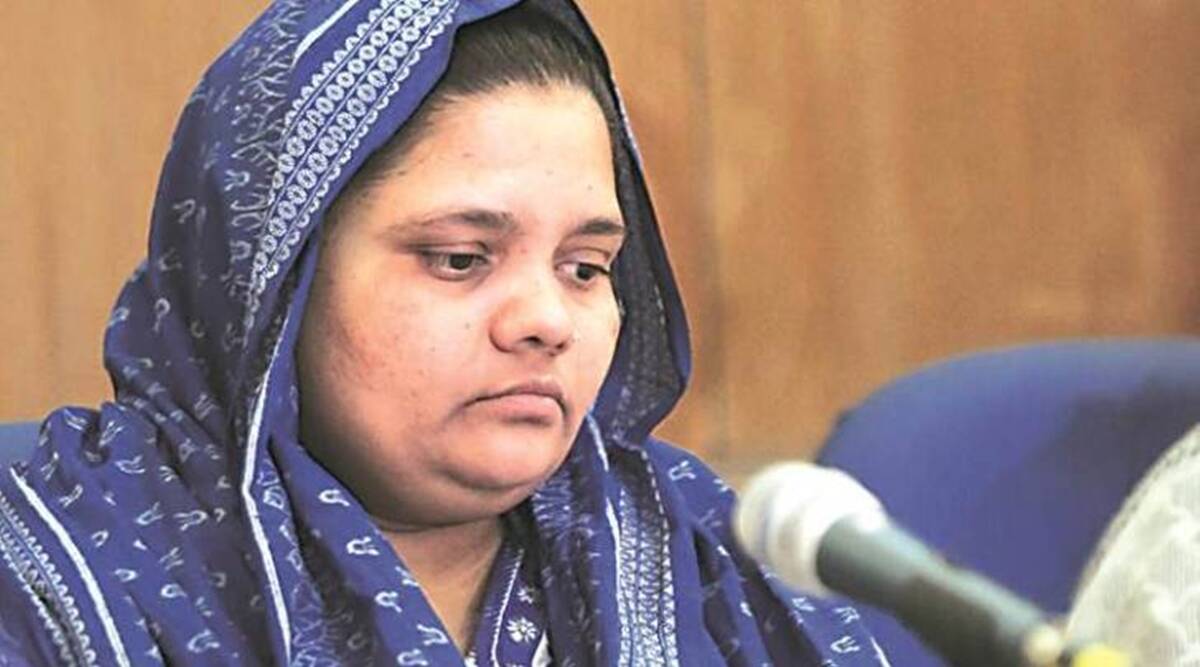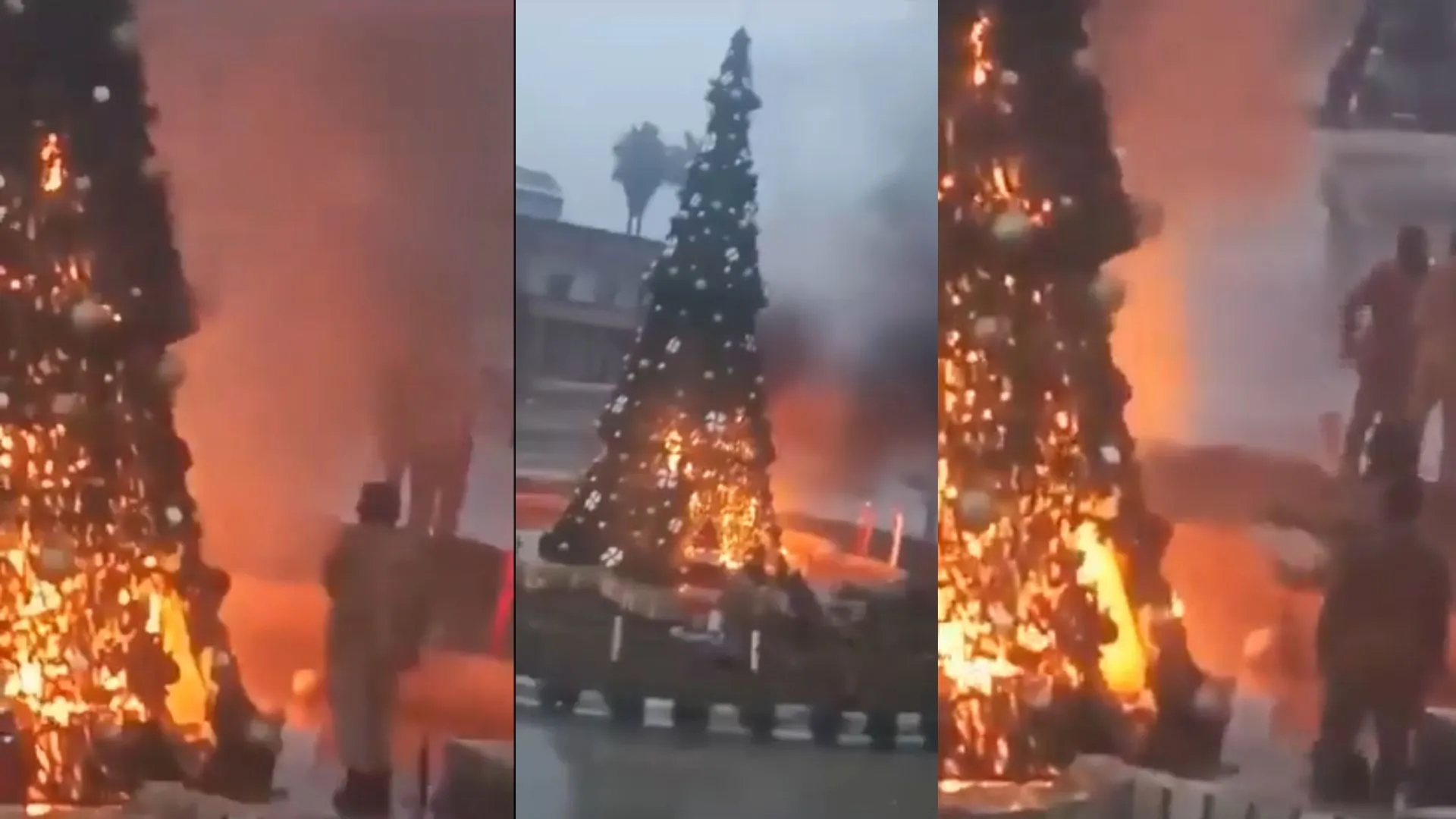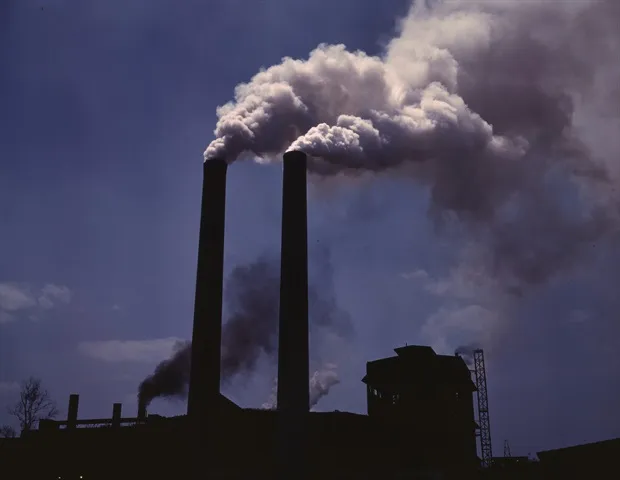The Congress has criticized the union government’s decision to approve the release of the 11 convicts in the Bilkis Bano case. Party spokesperson and Rajya Sabha member, Abhishek Manu Singhvi, said the decision was “repugnant, reprehensible, and revolting” and was made despite objections from senior officers.
Earlier on Monday, the Gujarat government had told the Supreme Court that it had decided to release the 11 convicts in the Bilkis Bano case as they had “completed 14 years and above in prison and their behaviour was found to be good” and the Centre had also “conveyed (its) concurrence/approval”.
In an affidavit filed in response to the petitions challenging the remission granted to the prisoners, the state also said that the “Superintendent of Police, CBI, Special Crime Branch, Mumbai” and “the Special Civil Judge (CBI), City Civil and Sessions Court, Greater Bombay”, had, in March last year, opposed the early release of the prisoners. In letters to the superintendent of Godhra sub-jail, the CBI official said the offence committed was “heinous, grave and serious” and hence they “cannot be released prematurely and no leniency may be given” to them.
“Why has the central government, despite the objections of senior officials, sought to grant preferential treatment to individuals convicted of such reprehensible, horrific, and heinous crimes? Has the government decided to pardon all convicted rapists and child murderers who have served a certain period? With what face will the government now oppose demands for parole that cite this precedent? Will such treatment be granted to all individuals who are accused of heinous offences? Or was this a limited-time offer contingent on the upcoming elections?”, Singhvi said while addressing a press conference in Delhi.
“The fact that the central government actively suppressed facts in the matter shows that even it was aware that the action was a condemnable one. Despite the government’s desperate and clumsy attempts to justify this embarrassing and demeaning action, it is clear that the sole underlying calculation for the government was a raw political one,” he said.
According to Singhvi, the entire development has cast a negative perception of the country at an international level.
“First, the panel that had ordered the release had cited dubious justifications-such as the convicts belonged to “Brahmin” and “sanskari” families-for their release and even opined, without any basis or justification, that the convicts may have been “intentionally framed”. What it had not said was that the MHA had granted its approval for such premature release. Second, upon release, these convicts were felicitated by members of organizations that profess fellowship with the ruling party. People associated with the ruling party even made faltering and feeble attempts to justify this unjustifiable and craven decision. Third, all the convicts were released in a mechanical manner. There was no application of mind as to the individual charges, cases, or the facts of the original case. Was the panel acting under some compulsion that it reduced its process to an ostensible formality? Fourth, the threat to Bilkis Bano’s life that such a decision posed was never considered. In fact, it was the direct and serious nature of the threats from the convicts in question, that the Supreme Court even interfered and transferred the case from Gujarat to Maharashtra. Yet the prime consideration, the safety of the accused, was simply not a factor for consideration, either by the panel or the union government,” Singhvi asserted.







